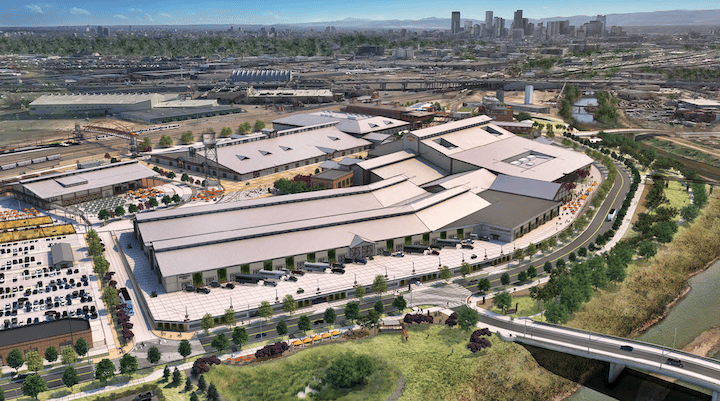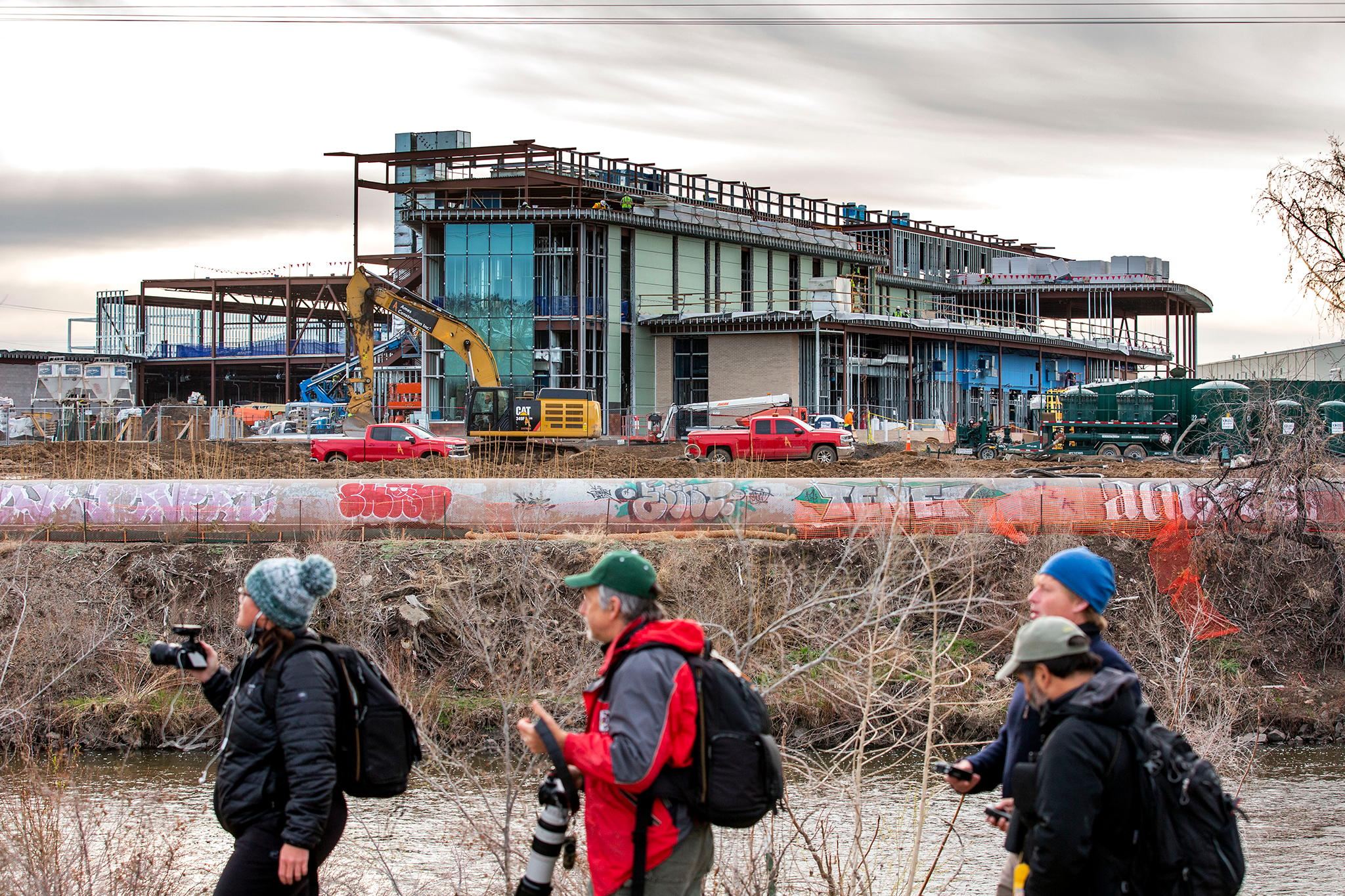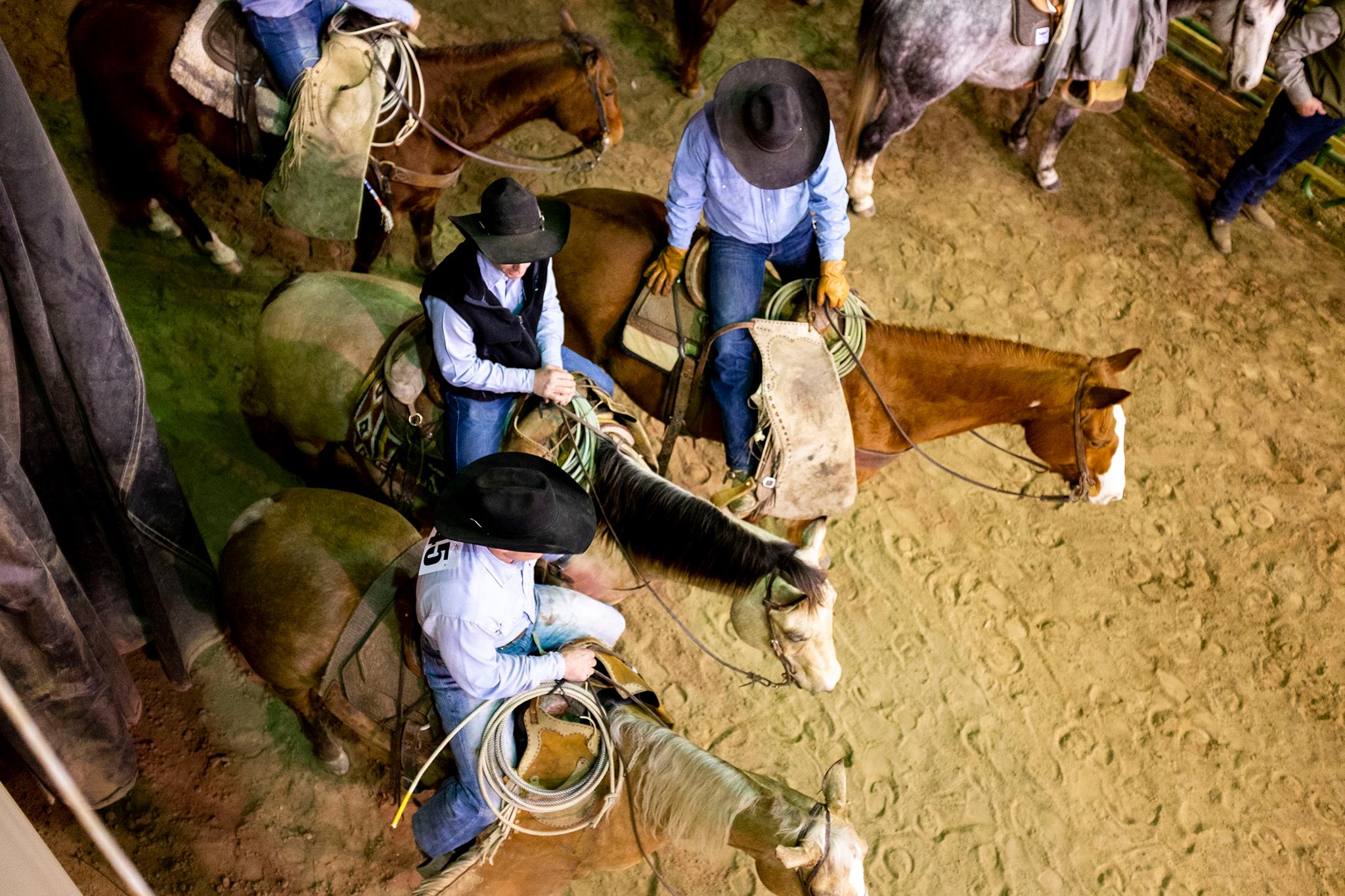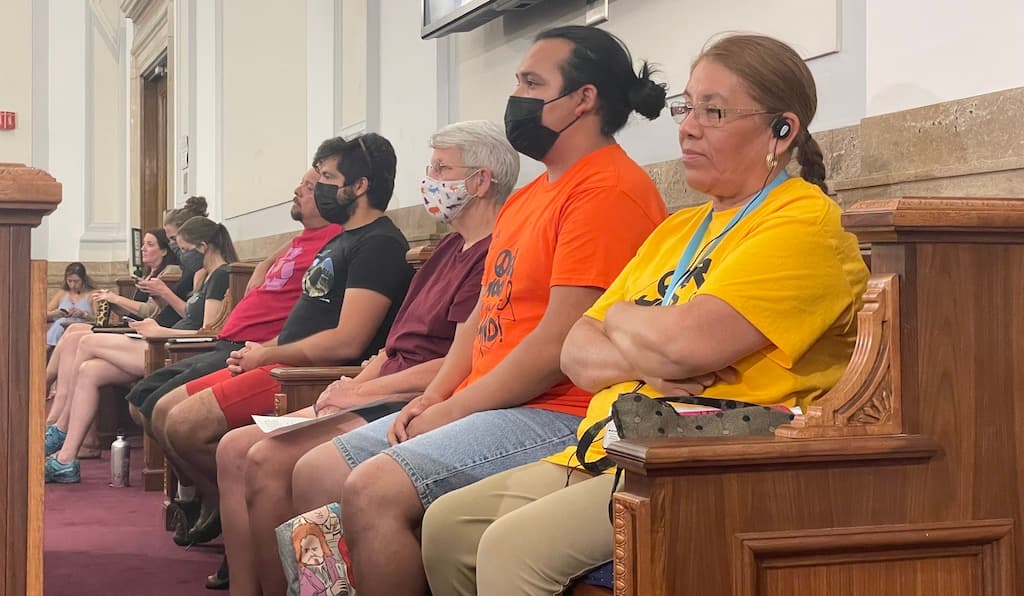As Denver City Council inches closer to forwarding five ballot measures requesting millions of dollars for city projects, they got a glimpse on Monday at how some of the city's most vocal residents feel about the proposal.
At least 40 people signed up for a chance to weigh in on measures that will collectively request $450 million in general obligation bonds. That's money that would be borrowed, without raising taxes, to pay for things like libraries, park improvements, street improvements and other city-owned stuff.
Only about half got to speak. And it was clear from the start the most people were there to voice their opinion on one specific measure: The one asking Denver voters to borrow $190 million to pay for a new arena and to redevelop a facility at the National Western Center.
It is, after all, a proposal so contentious that City Council members decided to divvy up potential ballot measures earlier this month to ensure voters got to vote on the National Western Center projects separately. It was done after concerns about its costs and purpose, both from the general public and city council members.
"We feel like this isn't being done right," Nola Miguel, of the Globeville Elyria-Swansea Coalition, a group who formally opposing the projects, said during Monday's meeting. "This is being rushed."

She and other GES members spoke on Monday to call out the arena project specifically, which would be built in the Elyria-Swansea neighborhood. Many of them feel will lead to more displacement, and doesn't offer clear benefits to the people living there, who want more housing built and better access to healthcare. National Western Center Authority CEO Brad Buchanan said he was meeting with the GES Coalition on Tuesday.
Mercedes Gonzales, another GES member, said she wants City Council to work much more closely with the people in the surrounding area.
"As a resident of Swansea, I feel completely disappointed for everything that's happening in our surrounding, in our community, with the development of the Triangle, the development of I-70," Gonzales said in Spanish. "It's something that it's affecting all of us as a community and I think the most affected are the most vulnerable."
LJ Suzuki, of Globeville First, a neighborhood organization, said his group supports the proposal, specifically because of the economic benefits it could bring; Mayor Michael Hancock's administration, which is backing the bond package, believes it could lead to more than 4,000 jobs for people in the area over the next three years.
But Suzuki said that support comes with conditions. To start, he wants the city and the National Western Center leaders to establish a community investment fund to make sure money generated from the proposed arena get back to people living in the area. That idea is currently being worked out since it's a requirement as part of a larger agreement made by the National Western Center Authority, which is overseeing the building and running of the center and its projects.
Yet, as Miguel and others pointed out, it's not really clear how the community would benefit.
Officials with the National Western Center don't have an estimate for how much money would be generated for the community fund because they still doesn't know where all the money for this fund will come from, according to Jenna Espinoza-Garcia, a spokesperson for the Mayor's Office of the National Western Center. One idea is a "round up for the community" requirement basically rounding up cents on sales from things like food, beer, and merchandise, into this fund. Espinoza-Garcia said other revenue streams are being considered.

Support for the project came largely from people who live outside Elyria-Swansea. Jocelyn Hittle, who lives in Denver, spoke on behalf of Colorado State University, which is nearing completion of a satellite campus at the National Western Center. She said the university supports the project.
"Our vision is that when people visit the arena, they also visit SPUR," Hittle said, referring to the CSU satellite campus. "In this environment, children who may never have had the opportunity to see and experience how food grows ... they can explore these opportunities in a setting where learning is open and designed for them."
Paul Andrews, President and CEO of the National Western Stock Show, said the new arena would be the "centerpiece that makes everything else work." He estimated it would host more than 150 events a year, including the Stock Show, and possibly generate $230 million in annual economic impact.
"The successful business model of this 115-year old Colorado institution hangs in the balance as you cast your vote tonight," Andrews said. He said the Stock Show would implement its round-up during January's shows for food and drink purchases. "We continue to be a good neighbor to our friends in Globeville, Elyria and Swansea."
The final list of projects that the general obligation bonds will pay for was trimmed down over the past few months from many possibilities.
It was based on input from city leaders, elected officials, and the public, who was invited to participate in online surveys and telephone town halls between May and June to tell the city how they wanted the money to be used.

The bond money would help establish a new youth empowerment center, build new libraries in Globeville and Westwood, and providing maintenance money for some of the city's cultural institutions, like the Denver Zoo and the Denver Botanic Gardens.
A few people on Monday did speak on other projects being paid for by the bond money, including residents who said they wanted more money to be used to upgrade the Central Public Library. Others lauded plans for the bond money to expand the 5280 Trail and help renovate the historic theater at the Loretto Heights campus in southwest Denver.
Denver City Council will have a final vote on the entire bonding proposal next Monday. A tentative vote following Monday's public comments showed most council members were in favor of forwarding the measures to voters.













